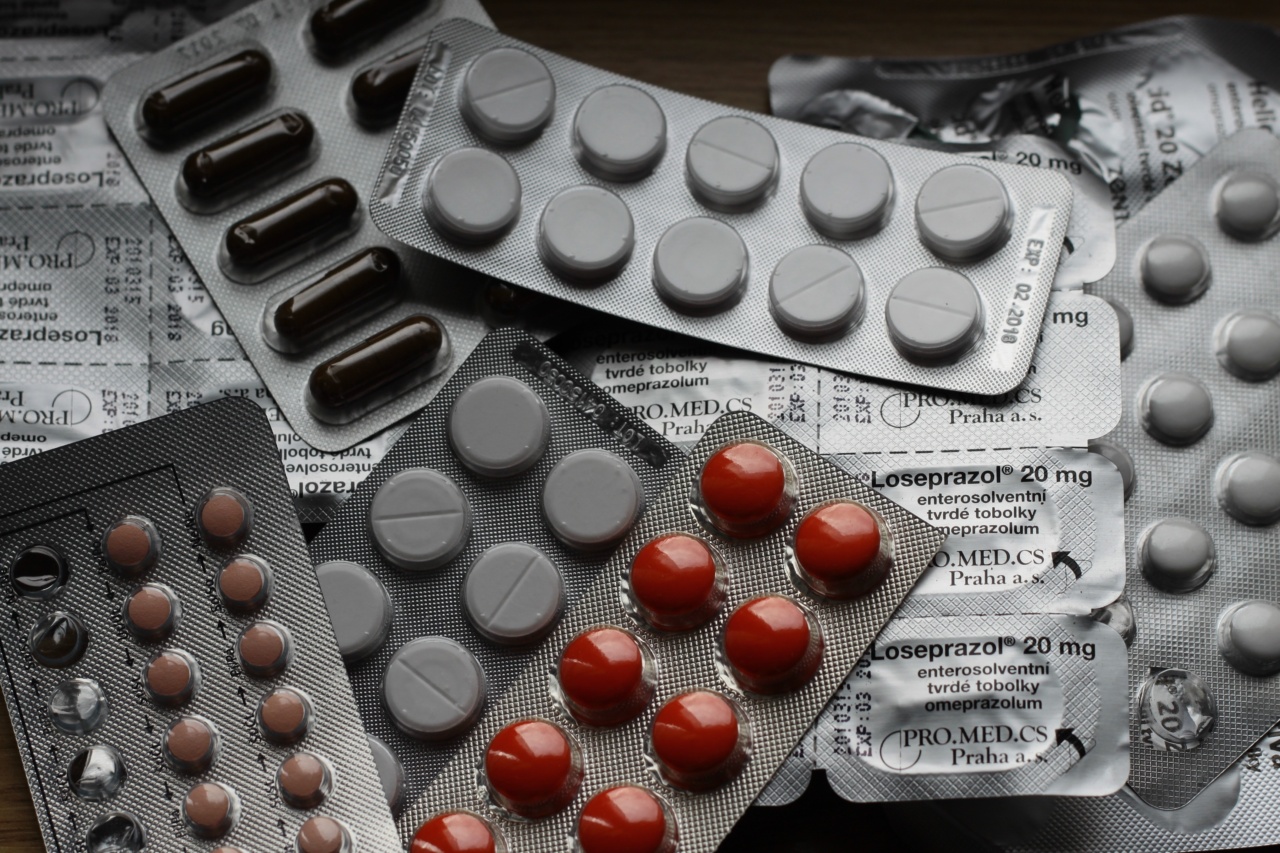Abdominal pain is one of the most common complaints among people. It can be caused by a variety of factors ranging from mild to severe. Sudden abdominal pain can be alarming and can interfere with daily activities.
It can occur due to multiple reasons that require immediate medical attention and treatment.
Causes of Sudden Abdominal Pain
1. Appendicitis
Appendicitis is one of the most common causes of sudden abdominal pain. It is caused by inflammation of the appendix, which is a small, pouch-like organ situated near the large intestine.
The pain is usually concentrated in the lower right area of the abdomen and is accompanied by nausea, vomiting, and a fever. Immediate medical attention is required to treat appendicitis.
2. Gallstones
Gallstones are hard, pebble-like deposits that form in the gallbladder. They can cause sudden and severe abdominal pain, especially after eating a fatty meal.
The pain is usually located in the upper right area of the abdomen and may radiate to the back or shoulder. Surgery is usually required to remove the gallbladder in severe cases.
3. Gastroenteritis
Gastroenteritis is a viral or bacterial infection that affects the stomach and intestines. It can cause sudden abdominal pain, diarrhea, nausea, and vomiting.
The pain is usually located in the lower part of the abdomen and can be relieved with over-the-counter medications or prescription antibiotics for bacterial infections.
4. Kidney Stones
Kidney stones are small, hard deposits that form in the kidneys and can cause sudden and severe pain in the back and lower abdomen. They can also cause nausea, vomiting, and blood in the urine.
Pain management medications and sometimes surgery may be required to treat kidney stones.
5. Ectopic Pregnancy
Ectopic pregnancy is a pregnancy that occurs outside of the uterus, usually in the fallopian tubes. It can cause sudden and severe abdominal pain, especially on one side of the lower abdomen.
It is usually accompanied by vaginal bleeding and requires immediate medical attention as it can be life-threatening.
6. Diverticulitis
Diverticulitis is a condition in which small pockets or sacs develop in the lining of the colon. It can cause sudden abdominal pain, usually on the left side of the abdomen.
It is also accompanied by nausea, vomiting, fever, and changes in bowel movements. Treatment includes antibiotics and sometimes surgery.
7. Peptic Ulcers
Peptic ulcers are open sores that develop in the lining of the stomach or small intestine. They can cause sudden abdominal pain, especially after eating or drinking.
The pain is usually located in the upper part of the abdomen and is accompanied by nausea, vomiting, and loss of appetite. Treatment includes medications to reduce stomach acid and antibiotics to eliminate the bacteria causing the ulcers.
8. Ovarian Cysts
Ovarian cysts are fluid-filled sacs that develop on the ovaries. They can cause sudden and sharp pain in the lower abdomen, usually on one side of the body. They may also cause bloating, nausea, and changes in bowel movements.
Treatment includes pain management medications and sometimes surgery.
9. Ulcerative Colitis
Ulcerative colitis is a chronic inflammatory condition that affects the lining of the large intestine. It can cause sudden abdominal pain, diarrhea, and rectal bleeding. The pain is usually located in the lower left part of the abdomen.
Treatment includes medications to reduce inflammation and manage symptoms.
10. Endometriosis
Endometriosis is a condition in which the tissue that lines the uterus begins to grow outside of it. It can cause sudden and severe abdominal pain, especially during menstruation, and during or after sexual intercourse.
Treatment options include medications to manage pain and hormones to control the growth of the tissue.
Treatments for Sudden Abdominal Pain
The treatment for sudden abdominal pain depends on the underlying cause of the pain. In some cases, over-the-counter medications such as acetaminophen or ibuprofen may be sufficient to manage the pain.
In other cases, prescription medications may be required to treat the underlying condition.
In severe cases, surgery may be necessary to treat the cause of the pain. It is essential to seek immediate medical attention if the abdominal pain is severe, sudden, or accompanied by other symptoms such as fever, vomiting, or rectal bleeding.
Preventing Sudden Abdominal Pain
Some of the easiest ways to prevent sudden abdominal pain include:.
- Drinking plenty of water to stay hydrated
- Eating a healthy and balanced diet
- Avoiding foods that can cause bloating, gas, or indigestion
- Regular exercise and staying physically active
- Managing stress levels
Following these simple steps can help minimize the risk of experiencing sudden abdominal pain and prevent serious medical conditions from developing.




























